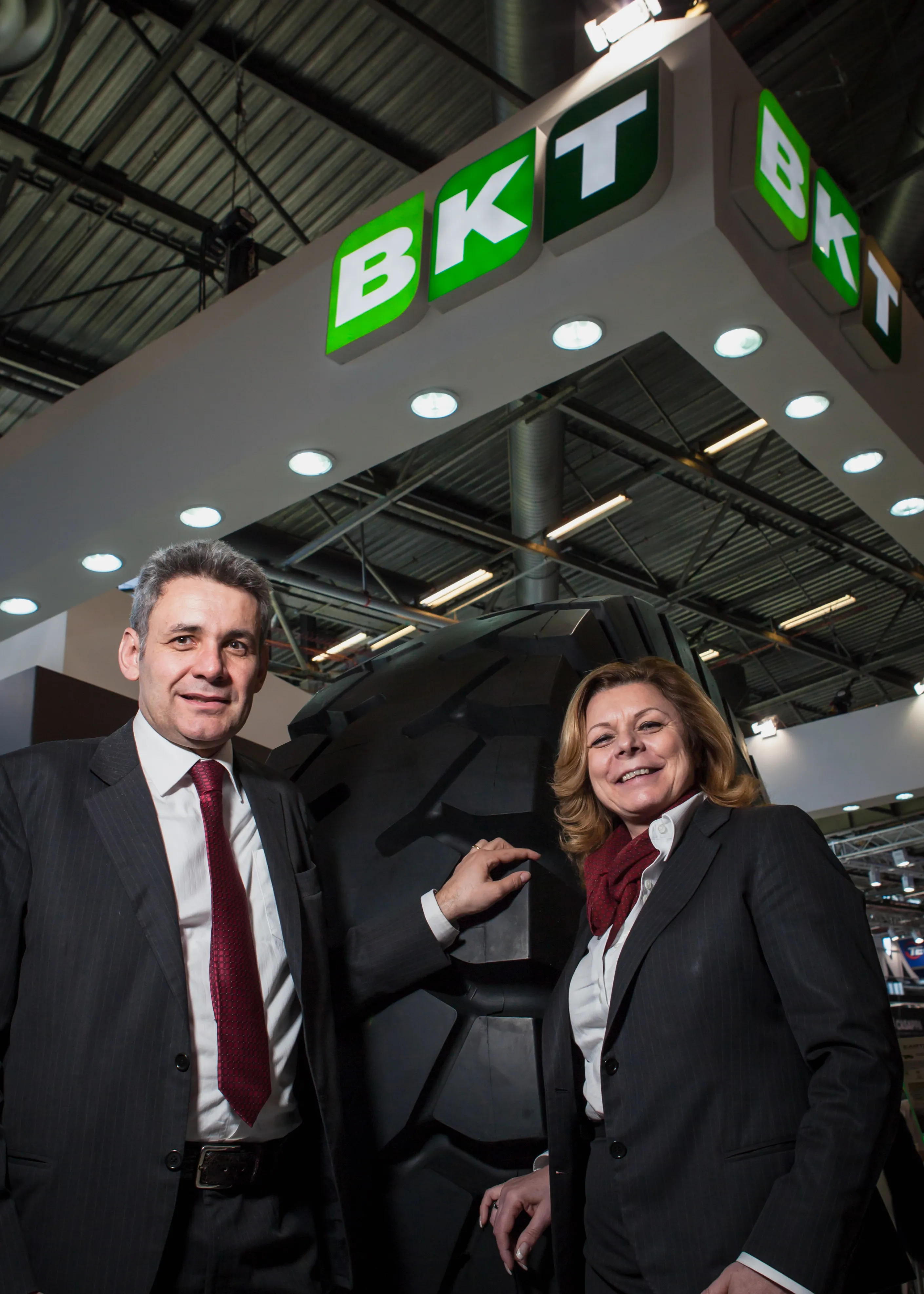India-based tyre manufacturer 7297 BKT is pursuing its goal of a wider market share of the industrial construction and mining tyre market with an ambitious programme of new product releases. BKT is a leading player in the agricultural tyre market, which still accounts for around 65% of its current turnover. “Our vision is to become a major player in off-highway tyres,” says Lucia Salmaso, BKT managing director, who is based in Italy. To this end, the company entered the industrial construction and mining tyre market seven years ago and now offers a range of products for cranes, dump trucks, reach stackers, forklifts and other equipment. A key factor in achieving its ambitions is BKT’s latest manufacturing plant in Bhuj, India, with state-of-the-art equipment and processes. “The Bhuj plant has almost doubled our production capacity,” says Salmaso. The plant is focused on the company’s construction and mining tyre production and enables the company to offer a wide range of designs and sizes. The plant’s environment also includes housing for employees, plus a hospital, fire station, sports centre and school in line with the company’s philosophy of corporate responsibility. The plant has been able to produce the company’s recently introduced Maglift solid tyres for forklift applications in logistics. “We had to develop not only the tyre but also production facilities,” says Piero Torassa, field engineering manager for BKT. In addition to the new SR 47, SR 51 and SR 53 Earthmax tyres introduced at INTERMAT 2015, BKT is currently field testing an 1800 R25 tyre for port cargo handling applications. “It is important to field test this type of tyre in addition to the indoor testing that we carry out at our plants,” says Torassa. Like all tyre manufacturers, BKT has had to cope with a depressed market since the financial crisis of 2008. However, there is now cause for “cautious optimism”, says Salmaso. “We are finding that there is a more positive attitude in the market, which really needs a push after several years of slowdown,” she says.

